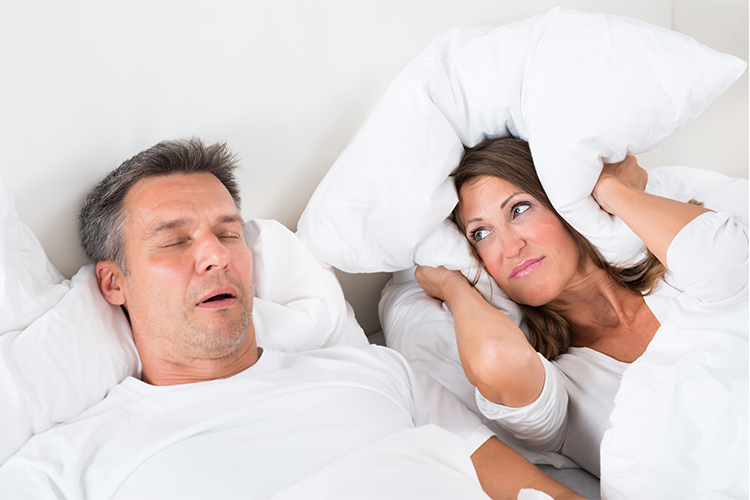Last updated on March 7th, 2025 at 12:17 pm
What exactly causes choking during sleep?
Choking occurs when your breathing is impeded by a constricted or obstructed throat or windpipe. Choking in your sleep is caused by the relaxation of soft tissue in the neck.
As your throat collapses, air cannot reach the lungs effectively. It causes you to wake up suddenly from the choking. You can stop breathing for around 10 seconds, starving the brain of oxygen.
People who suffer from undiagnosed Obstructive Sleep Apnoea can wake many times every hour from this process.
Does waking up choking mean I have OSA?
You may have been told or noticed that you are waking up gasping for breath and choking; this is a symptom of Obstructive Sleep Apnoea (OSA).
Choking and Sleep Apnoea
OSA is a sleep condition which is caused by an airway obstruction, resulting in breathing pauses.
The condition affects an estimated 4 million adults in the UK, and 87% of those people have not been diagnosed and, therefore, do not receive treatment.
Other symptoms:
- Loud snoring
- Anxiety and depression
- High blood pressure
- Morning headaches
- Fatigue
- Difficulty concentrating
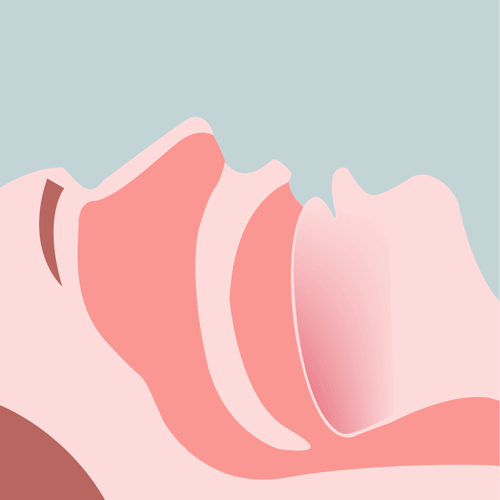
If you have these symptoms, a sleep test should be conducted as soon as possible. You can contact your doctor or take a sleep test privately.
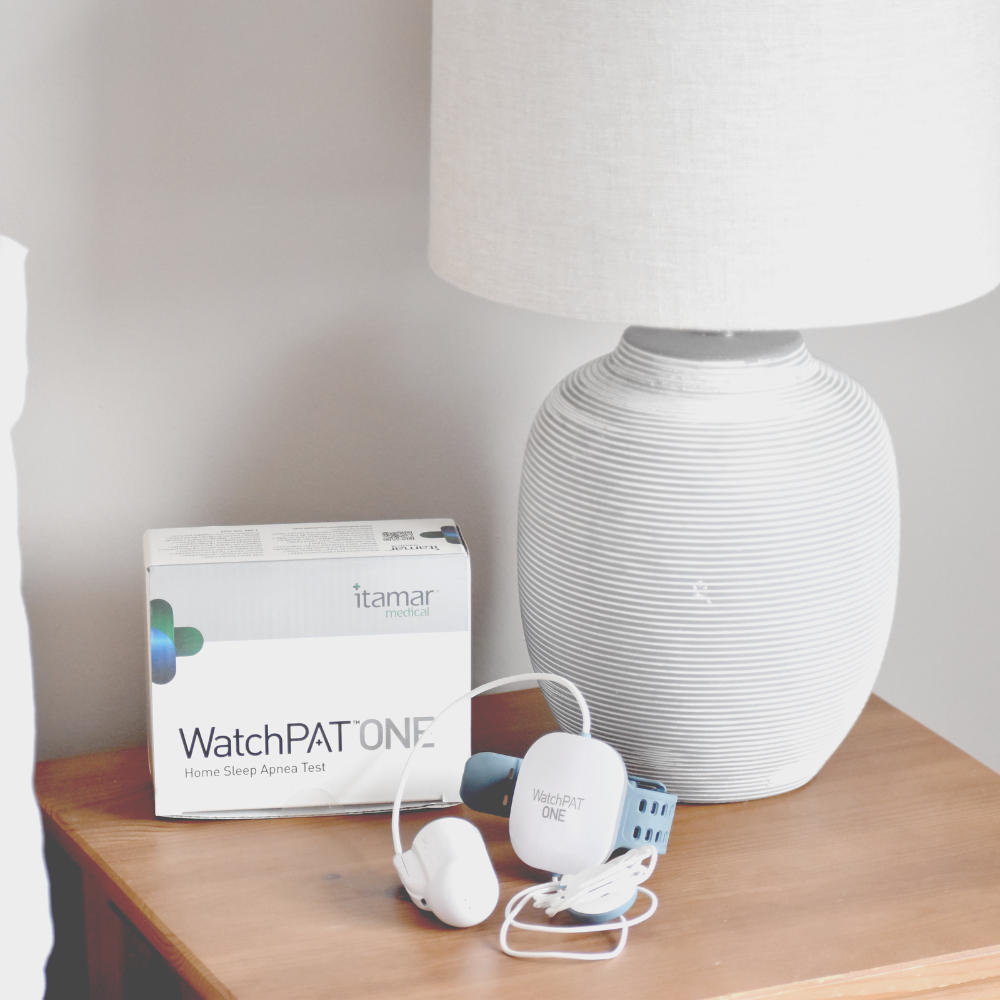
Sleep Apnoea Test
Our private sleep test is a fast and reliable way to diagnose Sleep Apnoea. The simple test is an affordable alternative to the sleep clinic, providing you with results in two working days.
More often than not, the choking does not cause a person to wake up, and so they may be unaware this is happening until somebody else tells them that they were choking.
Our Advice: OSA is treatable in almost every case, but OSA must be confirmed, either by a doctor or a sleep test, before treatment or equipment can be purchased. You will receive an email requiring documentation once ordering a CPAP machine.
Are there any remedies to help prevent choking in sleep?
Treatment for OSA can vary on the severity of the condition.
You may also want to consider modifying your lifestyle by reducing your alcohol intake, avoiding smoking and maintaining a healthy diet.
Positional Therapy
Positional therapy is used to treat people who have mild and Positional Sleep Apnoea. This is when the apnoeas primarily occur when they sleep on their backs. When they sleep on their sides, their breathing returns to normal.
The Somnibel Positional Sleep Therapy Trainer is a small forehead device that gently vibrates when you roll onto your back. This will keep you sleeping on your side.
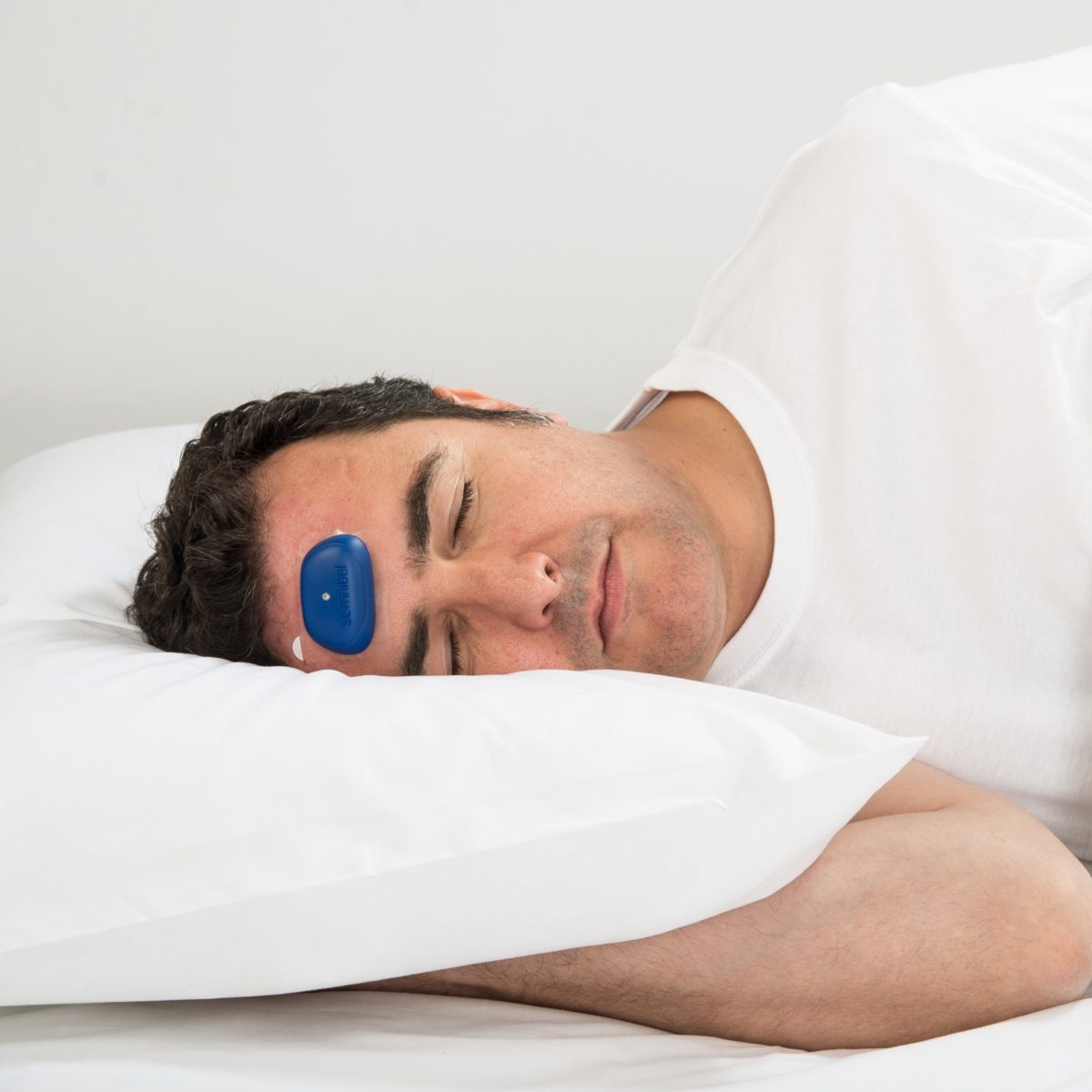
CPAP Therapy
Continuous Positive Airway Pressure (CPAP) therapy is the gold standard treatment for OSA.
It involves a machine and mask that delivers airflow to keep the airway open during sleep to prevent breathing obstructions.
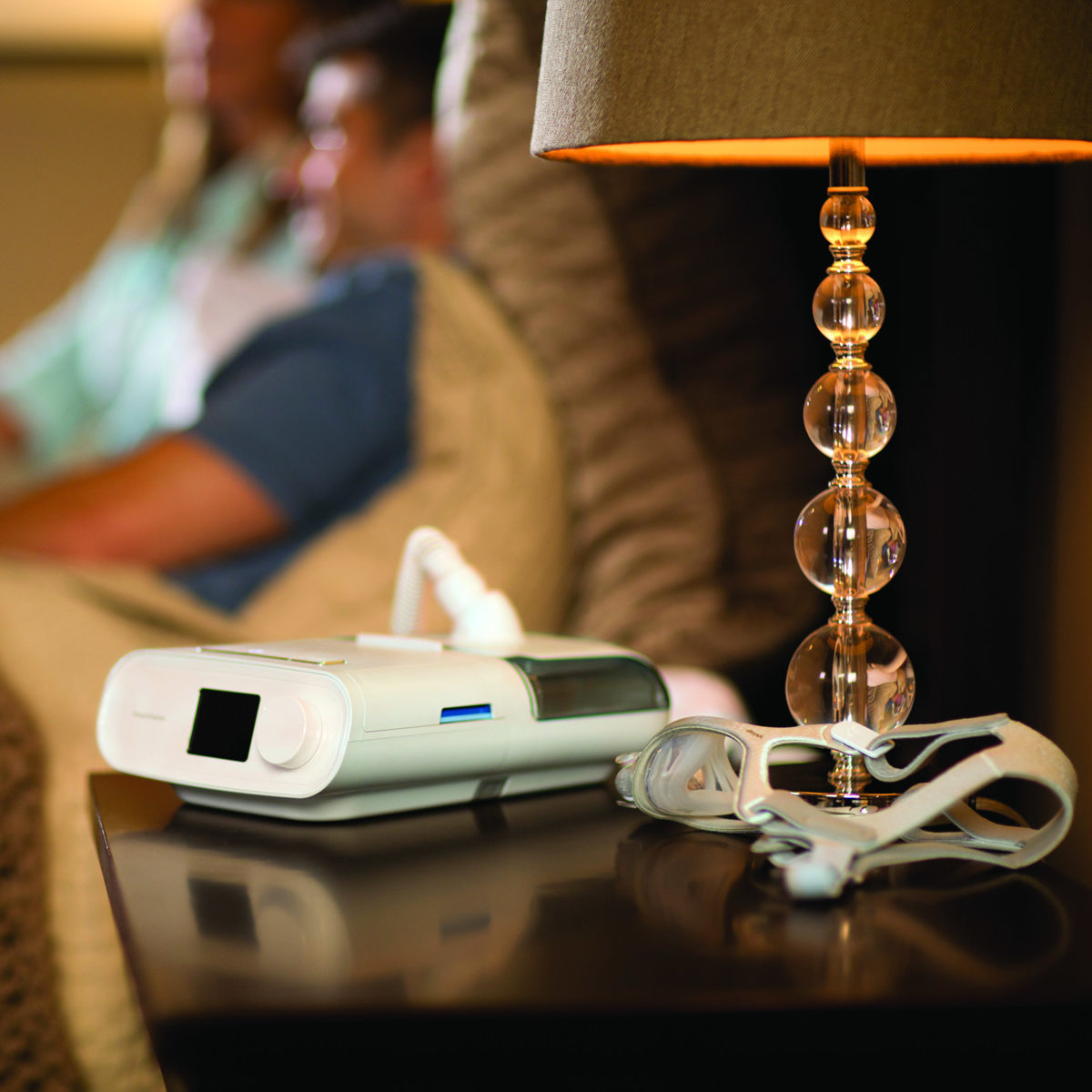
Mandibular Advancement
A Mandibular Advancement Device (MAD) is a customised dental device designed to gently pull the lower jaw forward to create more space at the back of the throat.
This motion reduces the risk of a breathing obstruction. These oral appliances use the boil-and-bite method for a comfortable fit.
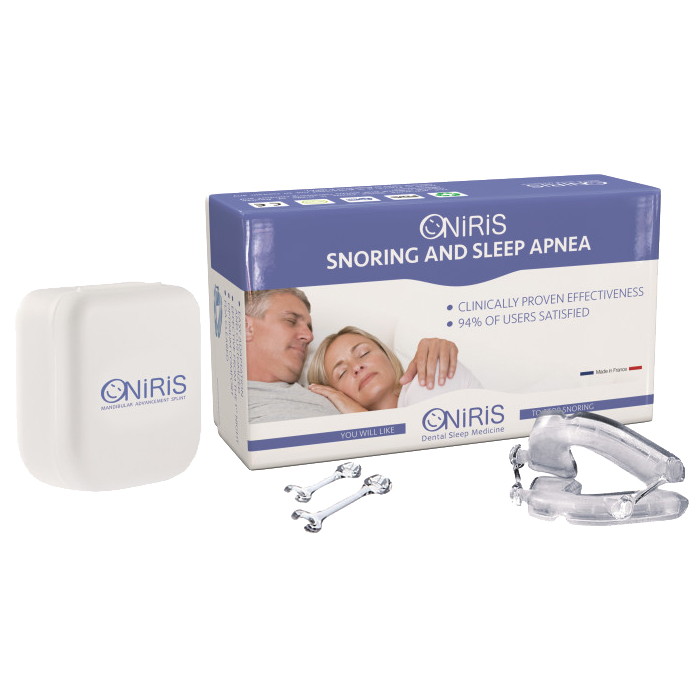
Lifestyle Adjustments
If appropriate, a nutrition and weight-loss program can often provide benefits. Living with a healthier body is known to have a significant, direct, positive effect on sleep, and many health issues.
A direct link between excess weight and OSAHS and snoring severity has been shown, so if you are overweight, you may find that weight loss improves your OSA symptoms. Different foods can also affect your sleep; choosing foods high in tryptophan can help you sleep.
Is choking in my sleep acid reflux?
Gastroesophageal Reflux Disease (GORD) occurs when stomach acid travels back up the throat, causing irritation. It can cause choking, excess saliva, and gaging in sleep.
Avoiding alcohol, spicy foods, caffeine, and smoking can often help to reduce these symptoms.
Wrapping up
Understanding why you are choking in your sleep is the step to take to begin treating your condition. If you have OSA, the treatments mentioned above will help to reduce your symptoms and allow you to sleep properly again.
If you would like any advice, then please contact us, you can call us on 0800 024 8050.

